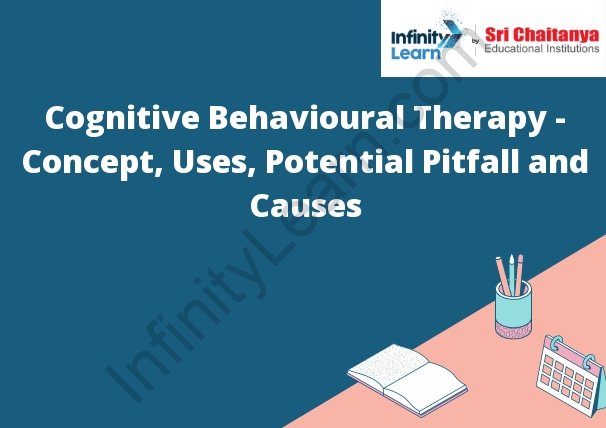Table of Contents
What is Cognitive Behaviour?
Cognitive behaviour therapy is a type of therapy that focuses on the relationship between thoughts, feelings, and behaviours. CBT therapy’s potential pitfall is that it can be quite directive and challenging, which can be a challenge for some people. CBT might be used to treat social anxiety disorder by helping the person to identify and challenge their thoughts and beliefs about social situations, and to develop strategies to cope with their anxiety.

What is Behavioural Therapy?
Behavioural therapy is a type of psychotherapy that involves the modification of behaviour. It is based on the premise that maladaptive behaviour is learned and can be unlearned. The therapist uses a variety of techniques to help the client change their behaviour. These may include cognitive therapy, exposure therapy, and reinforcement techniques.
What is Cognitive Behavioural Therapy? Or What is CBT therapy?
Cognitive behavioural therapy (CBT) is a type of psychotherapy that is used to treat a variety of mental health disorders. It is a short-term, goal-oriented therapy that focuses on the present, rather than the past. CBT helps people to identify and change the thoughts and behaviours that are causing them problems.
Cognitive Behavioural Therapy What is its Key Concept?
Cognitive-behavioral therapy is a form of psychotherapy that emphasizes the role of thinking in how we feel and what we do. It is based on the idea that our thoughts cause our feelings and behaviors, not external things, like people, situations, and events. The therapist helps the person understand how their thoughts affect their feelings and behaviors. Then, the therapist teaches the person how to change their thoughts so that they feel and behave better.
What is Cognitive Behavioural Therapy’s History?
Cognitive behavioural therapy (CBT) is a form of psychotherapy that was developed in the 1960s by Dr. Aaron Beck. Beck noticed that his patients’ thoughts were often responsible for their negative moods and behaviours. He developed CBT as a way to help his patients change their negative thoughts into more positive ones.
CBT is now one of the most widely-used forms of psychotherapy, and has been shown to be effective in treating a variety of mental health conditions, including depression, anxiety, and eating disorders.
What is CBT Used for?
Cognitive-behavioral therapy (CBT) is a type of psychotherapy that helps you understand and change the thoughts and feelings that influence your behavior. CBT is often used to treat depression, anxiety, and other mental health disorders.
What happens in Cognitive Behavioural Therapy?
Cognitive Behavioural Therapy (CBT) is a type of psychotherapy that is used to treat a variety of mental health disorders. CBT is a short-term, goal-oriented therapy that focuses on the relationship between thoughts, feelings, and behaviours. CBT is based on the idea that our thoughts and feelings play a role in how we behave. CBT helps to identify and change unhelpful thoughts and behaviours.
CBT is often used to treat conditions such as depression, anxiety, phobias, and eating disorders. CBT can be used to treat adults, adolescents, and children.
CBT is a collaborative therapy. The therapist and client work together to identify and change unhelpful thoughts and behaviours. The therapist provides support and guidance, while the client does the majority of the work.
The goal of CBT is to help the client to become more aware of their thoughts and feelings, and to learn how to change unhelpful thoughts and behaviours. CBT is a short-term therapy, typically lasting 8-12 sessions.










